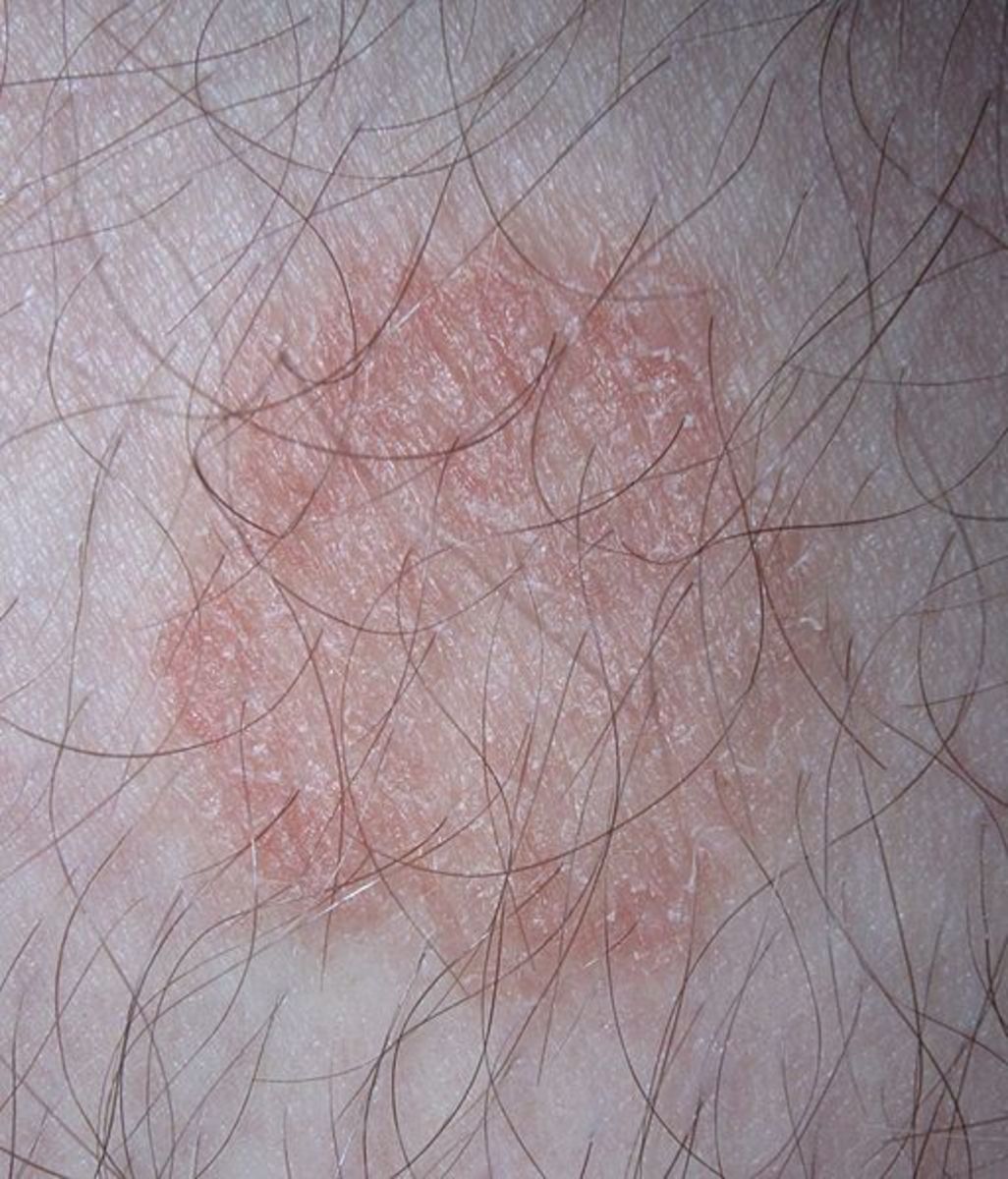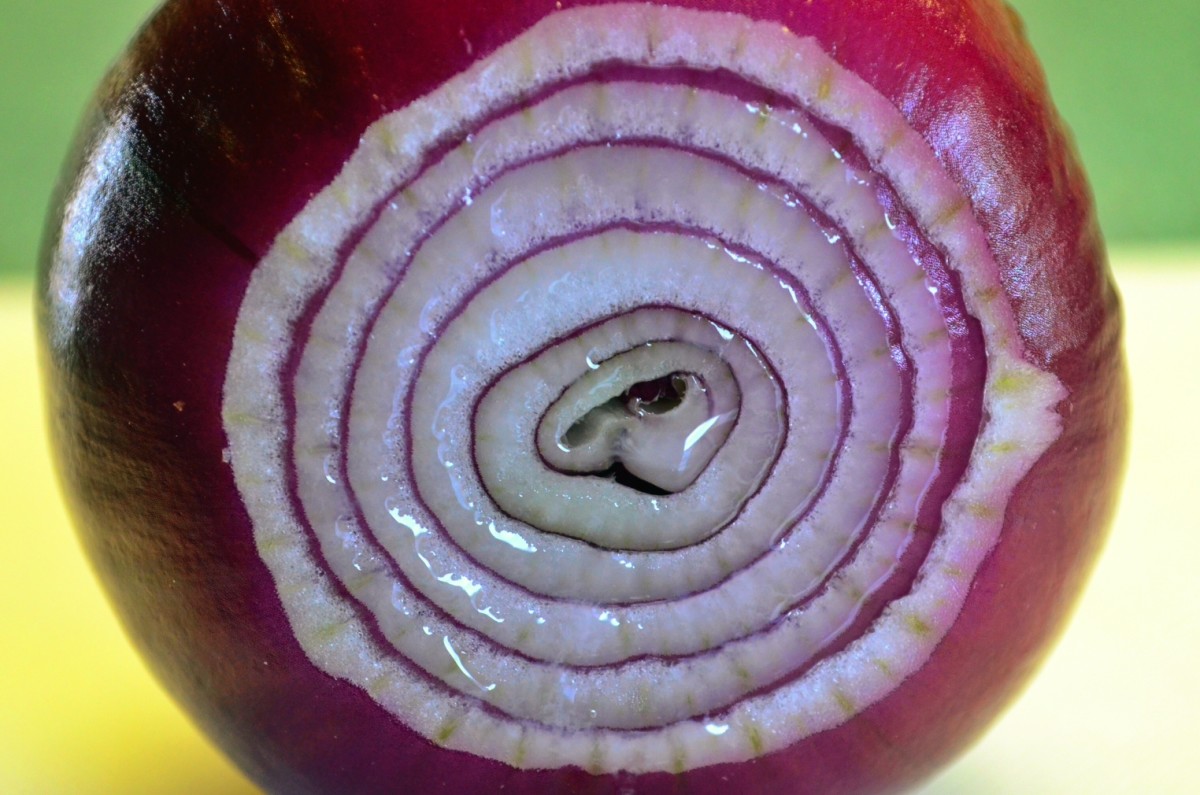How to Tell the Difference Between Ceylon Cinnamon and Cassia
If you believe in alternative medicine then you need to know the difference between Cinnamomum aromaticum (C. cassia) and Cinnamomum verum (C. zelanicum). Cinnamon is a small evergreen tree native to Sri Lanka (formerly Ceylon), belonging to the family Lauraceae, the name also applies to the bark. You might be surprised to discover that the word 'cinnamon' could be Ceylon cinnamon or several other similar species and the spices obtained from them.
Experts say that most of the cinnamon sold in the United States is not real cinnamon but cassia. I suppose that is OK for pastry and such but if like me you are into building your immune system naturally then this is not just cause for alarm, it’s downright scary. Why? Because cinnamon has been rediscovered for the great curative and immune boosting plant that it is.
Taken orally, cinnamon is used for type 2 diabetes, gas (flatulence), muscle and gastrointestinal spasms, preventing nausea and vomiting, diarrhea, infections, the common cold, and loss of appetite. People use it for impotence, enuresis, rheumatic conditions, testicle hernia, menopausal symptoms, amenorrhea, and as a drug for effecting abortion. The herbal crowd will swear it can be successfully used for angina, kidney disorders, hypertension, cramps, cancer, and as a blood purifier.
Topically, cinnamon is used in suntan lotions, nasal sprays, mouthwashes, gargles, toothpaste, and as a counterirritant in liniments.
In food and beverages, cinnamon is used as a flavoring agent.
And we are all running into our kitchens to gobble up our cups of honey and cinnamon. Now the scientists are basically saying “Stop press”.
Why the alarm? Why give a bad name to something which we are told is a cure or treatment for the many minor and major maladies of humanity. I have been drinking my occasional cup of honey and cinnamon since I discovered the information on the simple but powerful home remedy. But I am a little concerned about which cinnamon I am drinking, because of a substance in the plant called coumarin.
What is Coumarin
What is coumarin? Coumarin is a flavouring substance, which can be found in a lot of plants. In high doses it can cause liver damages. Researchers have seen carcinogen properties in animal testings. Oops!
WebMD explains that:
Cassia cinnamon is safe when used in amounts commonly found in foods and in medicinal doses.
There is some concern that taking large amounts of cassia cinnamon might cause potential serious side effects in some susceptible people. Cassia cinnamon can contain large amounts of a chemical called coumarin. In people who are sensitive, coumarin might cause or worsen liver disease. Large amounts of cassia cinnamon should not be taken for a long period of time. People with liver disease should also avoid taking cassia cinnamon products.
When applied to the skin, cassia cinnamon can sometimes cause skin irritation and allergic skin reactions.”
Just when I was going to buy a bigger cup to drink my daily cinnamon. But hey guys we always knew that we should be temperate with all things. So even if cinnamon of whatever source did not have coumarin, the fact that it has such potency in attacking diseases should warn us that we should not over imbibe a good thing.
How to Tell the Difference
Should you desire the freedom to consume large quantities of cinnamon then it is recommended that you get the real stuff. To do that you need to know the difference between cinnamon and cassia when buying the stick:
1. The real cinnamon stick is light brown in colour and thin and soft in appearance, unlike its cassia cousin which is dark brown, thick and hard.
2. Real cinnamon from Ceylon (Cinnamomum Zelanicum) is filled like a cigar whereas cassia (Cinnamomum Cassia) has a hollow tube.
3. Real cinnamon has a delicate aroma but that of cassia is harsh.
4. Ceylon cinnamon has a sweet taste but its cassia cousin is flat in taste.
5. Sweet or real cinnamon is grown in Ceylon, now called Sri Lanka, other similar plants are grown in several countries across the globe, cassia is grown in the Far East as well.
6. Cassia may also be referred to as Saigon cinnamon whereas the real stuff is called Real cinnamon or Ceylon cinnamon.
7. Whereas real cinnamon contains low levels of coumarin, the cassia cinnamon contains high levels of coumarin so health authorities advise against ingesting large amounts.
8. It is difficult to tell powdered cinnamon from powdered cassia but the site Wapedia suggests this test: “When powdered bark is treated with tincture of iodine (a test for starch), little effect is visible in the case of pure cinnamon of good quality, but when cassiais present, a deep-blue tint is produced, the intensity of the coloration depending on the proportion of cassia”.




